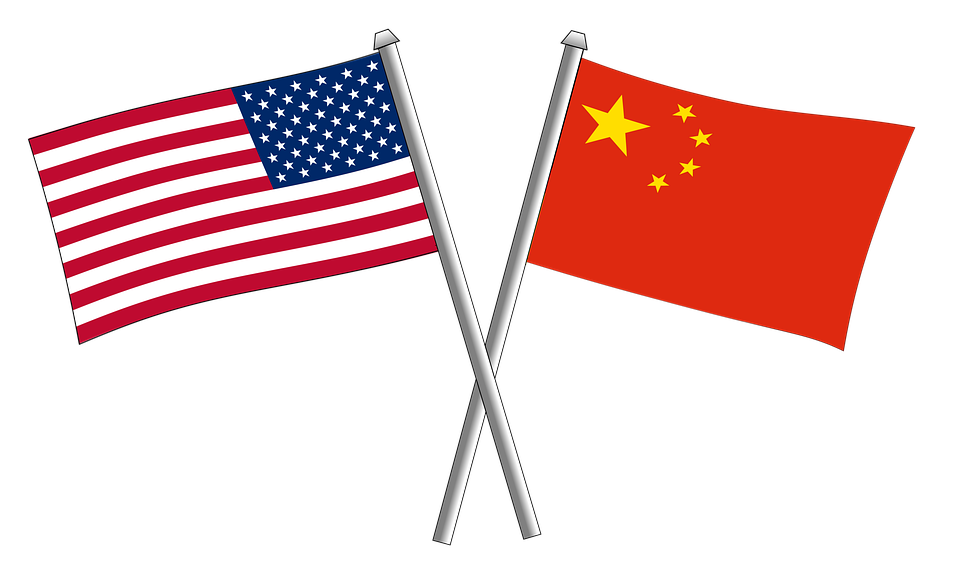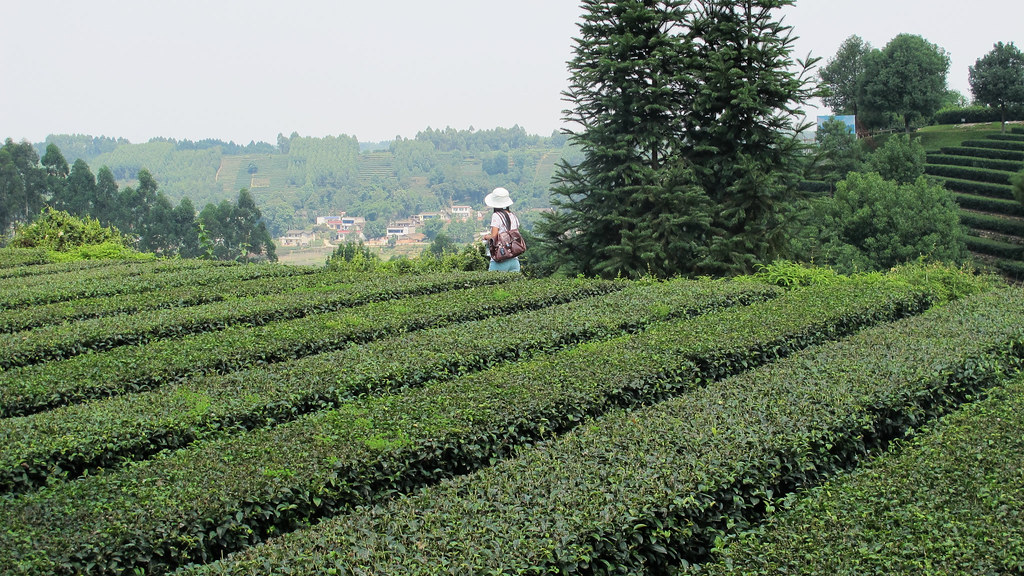The last time bold taxes were imposed on a commodity as precious as tea, disguises were donned and pounds upon pounds of tea were thrown into the Boston Harbor.
This time around, protests might not be as dramatic, but the affect of the Trump Administration's new tariffs on tea are perhaps even more astronomical. When tariffs are imposed, the increased cost for importations must be shouldered somewhere -- for many businesses, they are forced to raise prices to compensate for the high costs of importation, meaning that consumers bear the brunt of the tariff. The Trump Administration's first round of tariffs, imposed last year, were primarily focused on goods and products that businesses buy, rather than those of individual consumers.
However, this new round of tariffs will impose a 25% increase in cost on most Chinese imports, including aluminum, fabrics, and groceries. Within this list is anything originating from the camellia sinensis, whether it be whole-leaf tea, tea extract, or soluble tea. This means that all tea imported from China (who, by the way, produces more tea than any other country in the world, totaling a 1.8 billion dollar industry) will now be 25% more expensive -- a cost that tea-lovers, unfortunately, will have to bear.
Let's provide some context into this situation: How much of iN-TEA's tea comes from China?
Well to start with, all of our Pu'erh teas come from China -- Pu'erh tea is only produced in the Yunnan province of China, where the climate conditions are perfect for fermenting the tea. This process of fermentation is what makes Pu'erh tea unique from black tea, which is oxidized. iN-TEA carries seven Pu'erh blends (the Chocolate White Pu'erh is brand new!), which are the first seven teas to be affected by the tariffs.
 China also produces some of our finest traditional black teas, including Keemun and Yunnan teas, and some of our lovely green teas as well, such as Jade Cloud and Lung Ching. The majority of our traditional Oolong teas come from China, as does our traditional White tea, Pai Mu Tan.
China also produces some of our finest traditional black teas, including Keemun and Yunnan teas, and some of our lovely green teas as well, such as Jade Cloud and Lung Ching. The majority of our traditional Oolong teas come from China, as does our traditional White tea, Pai Mu Tan.
This is a fair amount of tea; about 20 of iN-TEA's gorgeous, traditional teas are produced in different provinces of China. But the scary part begins with the realization that Chinese tea provides the base for tens of our blends of tea -- everything from Monk's Blend to Peaches 'n' Cream have Chinese tea as their base ingredient.
Carole Alvarez, iN-TEA's owner, estimates that anywhere between 1/3-1/2 of our 170 different types of tea come from China, meaning that when the tariffs hit, the prices of all of these teas must rise. Carole is working diligently to shield tea-lovers from shouldering the brunt of this cost, but unfortunately, when import costs increase exponentially, there is only so much she can do.
Trump's tariffs are being imposed in an attempt to encourage American production and exportation, but this policy forgets that several grocery products, specifically tea, can only be produced in certain conditions.
The camellia sinensis is a small, shrub-like plant whose leaves are then oxidized to various levels in order to produce tea. The camellia sinensis requires either a tropical or sub-tropical climate for cultivation, along with a specific requirement for both annual rainfall and elevation. While there are areas in the United States that meet these requirements (there are tea farms in South Carolina), Chinese tea production is a cultural process perfected by 3000 years of practice -- there is simply no way the United States can mimic it.
While Trump's tariffs are aimed at increasing American production of goods, they miss the mark on tea -- the Chinese cultivation and production of tea cannot be recreated in America. And in our globalized world, it seems a shame that a beverage so beloved and beneficial is about to endure a hike in prices.
But endure it we shall, tea lovers. With an ever-globalizing economy of goods and services, we can only hope that this tariff policy won't last long.





